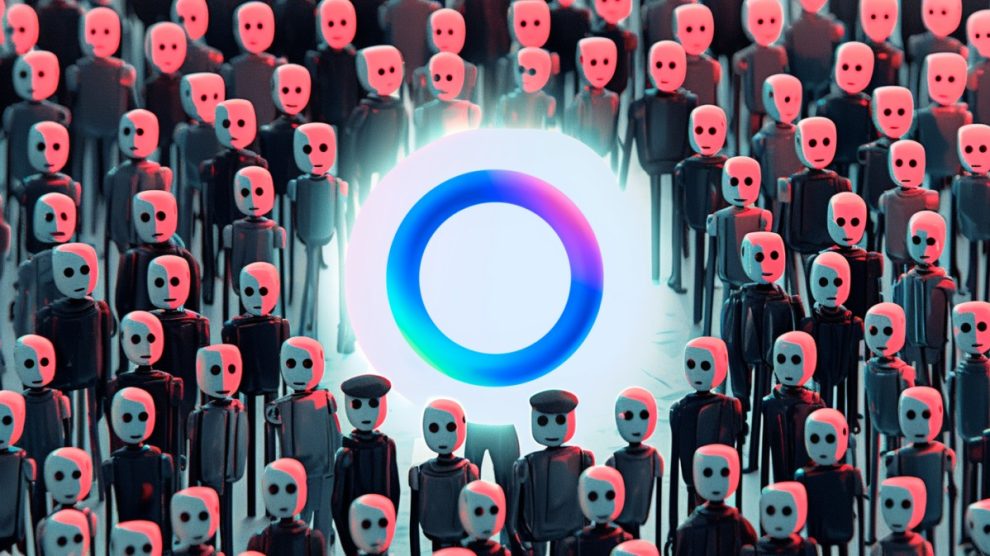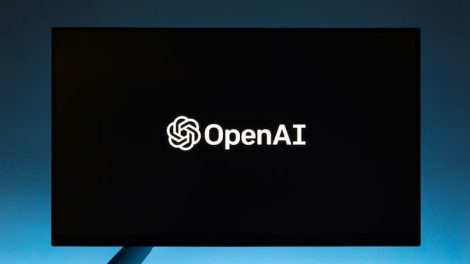Meta is reportedly working on a transformative approach to social networking, one that integrates artificial intelligence characters alongside traditional human accounts. This concept reflects the company’s long-term vision of creating an immersive and interactive platform where AI not only assists but also engages users as active participants in online communities. This development is poised to redefine how individuals interact with both technology and each other in the digital space.
The introduction of AI characters into Meta’s platforms represents a significant shift in the landscape of social networking. These AI entities are designed to mimic human-like behaviors, enabling them to interact seamlessly with users. Their presence could range from assisting users in content discovery and engagement to actively participating in conversations and activities within the network. Meta’s goal appears to be to blur the lines between human and AI interactions, creating a dynamic environment where technology feels personal and relatable.

One of the primary objectives of integrating AI into social networks is to enhance user engagement. AI characters can fill gaps in interaction, ensuring that users always have someone to communicate with, even during off-peak hours. For businesses, this opens up opportunities for customer service and support, as AI accounts can handle inquiries, provide recommendations, and maintain a brand’s presence around the clock. For individual users, AI companions could serve as conversational partners, offering advice, entertainment, or even education tailored to their needs.
Meta’s pursuit of this concept aligns with its broader goals of leveraging artificial intelligence to enhance user experience. With advancements in natural language processing and machine learning, AI characters can now hold meaningful conversations, understand user preferences, and adapt to different contexts. These capabilities make them versatile tools for improving interactions on platforms like Facebook and Instagram. By introducing AI characters into these spaces, Meta seeks to create a more engaging and inclusive environment that caters to diverse user needs.
At the core of this development is Meta’s effort to humanize AI. Unlike traditional bots, these AI characters are designed to emulate human expressions, emotions, and personalities. This level of sophistication is intended to make interactions with AI feel natural and intuitive. By giving AI characters distinct identities, Meta can foster a sense of familiarity and trust among users, encouraging them to embrace these entities as part of their digital lives. This strategy not only enhances user satisfaction but also establishes Meta as a pioneer in human-AI collaboration.
While the integration of AI characters into social networks offers numerous benefits, it also raises important questions about authenticity and ethics. Users may find it challenging to distinguish between human and AI accounts, potentially leading to concerns about transparency and accountability. Meta will need to implement clear guidelines and labeling systems to ensure that users are aware of when they are interacting with AI. Additionally, the company must address issues related to data privacy and security, as AI interactions will likely involve the collection and analysis of sensitive user information.
The presence of AI characters in social networks could also have profound implications for content creation and distribution. These AI entities could act as curators, helping users discover content that aligns with their interests. By analyzing user behavior and preferences, AI characters can recommend posts, videos, and articles that are most likely to resonate with their audience. This personalized approach enhances the relevance and quality of content on Meta’s platforms, driving greater engagement and satisfaction.
In addition to enhancing existing features, AI characters open up possibilities for entirely new forms of interaction. For instance, users could collaborate with AI to co-create content, participate in interactive storytelling, or engage in virtual events. These experiences could transform social networking into a more interactive and participatory activity, moving beyond passive scrolling to active involvement. For businesses, this means new opportunities to engage audiences through innovative campaigns and experiences that leverage the capabilities of AI characters.
Meta’s vision for AI integration also has implications for accessibility. By providing users with AI companions, the company can make social networks more inclusive for individuals who may face barriers to traditional communication. AI characters can serve as interpreters, translators, or facilitators, enabling users to overcome language, cultural, or physical challenges. This focus on inclusivity underscores Meta’s commitment to creating a platform that serves a global audience.
However, the success of this initiative will depend on user acceptance and trust. While AI characters offer numerous benefits, they also challenge traditional notions of authenticity and connection. To address these concerns, Meta must prioritize transparency and accountability in its AI implementations. By involving users in the development process and soliciting feedback, the company can ensure that its AI solutions align with user expectations and values.
From a technical perspective, integrating AI characters into social networks requires significant advancements in machine learning and computational power. These systems must be capable of processing vast amounts of data in real time, enabling AI characters to respond accurately and contextually to user interactions. Additionally, Meta must invest in robust infrastructure to support the scalability and reliability of these features. These challenges highlight the complexity of the task but also underscore the potential rewards of pioneering this new frontier in social networking.
The introduction of AI characters also raises broader societal questions about the role of technology in human relationships. As AI becomes more integrated into daily life, it is essential to consider its impact on social dynamics and mental health. While AI companions can provide valuable support, they cannot replace the depth and complexity of human connections. Meta’s challenge will be to strike a balance between enhancing interactions with technology and preserving the authenticity of human relationships.
In the long term, Meta’s vision for social networks with AI characters could redefine the way people interact with technology. By creating a seamless blend of human and AI engagement, the company aims to establish a new standard for user experience in the digital age. This initiative reflects Meta’s commitment to innovation and its willingness to explore uncharted territory in pursuit of meaningful progress.
As this concept evolves, it will be essential to monitor its impact on users, businesses, and society as a whole. While the integration of AI characters into social networks offers exciting possibilities, it also comes with significant responsibilities. By addressing ethical concerns, prioritizing transparency, and maintaining a user-centric approach, Meta can ensure that its vision for AI integration benefits everyone involved.










Add Comment